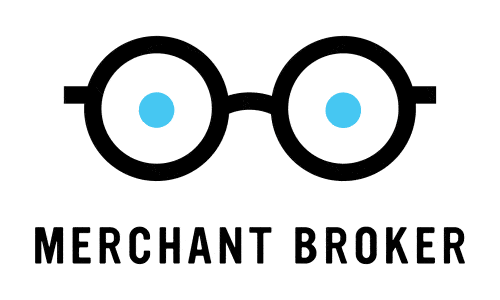As the technological world continues to advance at a breakneck pace, merchants should be up to speed when it comes to Strong Customer Authentication (SCA).
Championed by the European Commission’s Revised Directive on Payment Services, SCA is integral to good business practices. It not only helps facilitate competition and efficiency within a business, but innovation as well, which is the driving force behind success.
Consumers who are subjected to SCA, for instance, feel more secure when making online purchases, thereby driving more traffic and positively affecting the bottom line.
In addition, payment services and providers within the financial technology market, for example, benefit from SCA by virtue of ensuring retailers that monetary amounts are on their way. As for account information service providers and aggregators, strong authentication allows customers to have overviews of their accounts and balances, which builds transparency and trust.
When it comes to the objectives of the Regulatory Technical Standard, SCA is just as important. The main objectives, which are backed by the European Commission’s Revised Directive on Payment Services, are twofold. The first objective is to ensure consumer protection. Conversely, the other objective is to both level the playing field and encourage competition in a rapidly evolving market.
SCA helps define the standards of how these objectives are fulfilled as well. For instance, consumer protection can be achieved via innovative and secure electronic payment methods that meet SCA requirements. These requirements include, but are not limited to a user’s ability to provide passwords and PIN numbers, a mobile phone number or a card, and biometrics such as an iris scan or a fingerprint.
Throughout the European Union, SCA is already commonplace at various locations. When a customer pays with either a credit or debit card at a store in-person, for example, they must authenticate the transaction with a PIN number.
It should be noted, however, that for remote electronic transactions involving monetary sums, SCA has only been applied to some countries. At the time of writing this post, these countries include the Netherlands, Belgium, and Sweden. As for other countries, they have service providers apply SCA on a voluntary basis.
The infrastructure for SCA have to be set up by payment service providers and banks as well. This is in addition to improving on fraud prevention practices. Therefore, both their consumers and merchants should be well-informed and trained on SCA in order to fully take advantage of what it upholds.
In the case of online payments, security should be enhanced through various methods such as one-time passwords and verification links. The reasoning behind this is to prevent hacking and fraud. Belgium, in particular, has applied such security measures and has seen a reduction in online fraudulent activity.
With a plethora of credit card processor options out there that aid in SCA, one cannot be certain that they are always getting the best rates. At Merchant Broker, however, we are dedicated to helping your business succeed in a constantly evolving marketplace. Working with our team will guarantee the highest quality of service available, as well as our full commitment to help you reach your business goals.
To contact the Merchant Broker team, email info@merchantbroker.com or call 1-888-668-0733.
